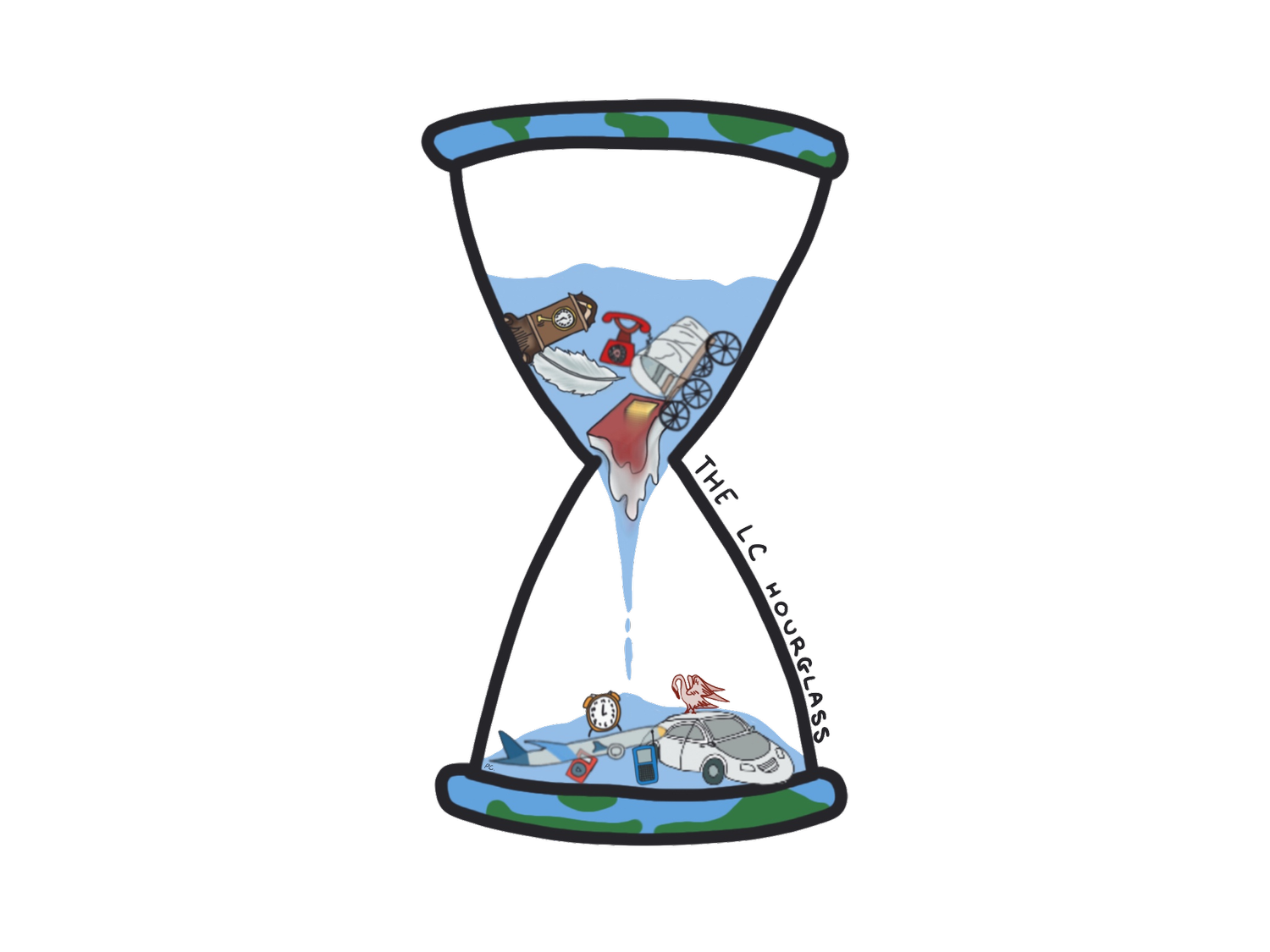The Rise of Colon Cancer and Food Additives
By Daphne Wong, 2026
The rising demand for food exacerbates as our society fails to ensure and maintain a sustainable and inclusive economy. On average, about 50,000 new restaurants open in the United States annually. In an attempt to preserve businesses, many restaurant owners enrich the quality and image of their food by adding food additives. Although food additives can integrate delectability into our food, the chemicals may aggravate our health and ultimately lead us to be afflicted with chronic diseases like cancer.
Whether it is to increase storing time for food or to modify the sensorial properties of food, food additives have grasped prominence in our food industry nowadays. Natural food additives like herbs or spices, vinegar, and salt are respectively used to enhance the flavoring of dishes, to pickle food, and to preserve meats. Over time, laboratories created new synthetic artificial thickeners, emulsifiers, colors, and flavors in the 20th century. Familiarized with the food additive monosodium glutamate (MSG), many people referred to MSG as “yum-yum powder”, as it invigorates one’s desire to delve deeper into meals with its umami taste. The advancement in food additive technology lures consumers into the concept that the more colorful and fresh the food product appears, the more palatable it is. However, such misconception ultimately beguiles them to buy inorganic products, which interferes with consumers’ hormones and growth development.
Food additives are regulated and monitored by the U.S. Food and Drug Administration due to their controversial usage. Scientists at Georgia State University conducted a study on how food additives affect mice. As a result, the mice who were fed low levels of emulsifiers developed gut microbiota and low-grade intestinal inflammation. Intestinal inflammation favorably promotes colon cancer- a disease that occurs when cells in the colon or rectum come in disorder. When diagnosed with colon cancer, patients may encounter symptoms like diarrhea, rectal bleeding, abdominal pain, fatigue, and weight loss. The disruption to the balance between cell creation and cell death also amplifies tumor development. However, characteristics differ for every person, some may experience temperate illness, while some may experience debilitating ailments that culminate in life-threatening complications.
To reduce the risk of being diagnosed with colon cancer, one should maintain a diet containing low animal fat and rich fiber. The intake of fruits and vegetables supplements stool frequency, and bulk and dilutes the contents of stool, which decreases the amount of time cancer-causing chemicals dwell in the intestines. Due to the additives in processed meat, it is found that people who consume ultra-processed foods have a 72% higher risk of distal colon cancer. Hence, the consumption of excess amounts of processed meats, like bacon, sausage, and bologna may raise one’s risk of contracting colon cancer as well.
Food additives are a prominent facet that feeds into the peril of colon cancer. Regardless of the detrimental aspects of food additives, they are yet to be inevitable in modern food production. Food additives are stated to be under regulation and speculation, though many question the safety of such execution. Up to this date, the influences food additives have on microbiota are still under detailed investigation, as many wish to deduce this enigma.
Work Cited
Vassaux, S. (2023, January 1). How many new restaurants open each year. Melba. https://melba.io/en/ai/restaurant/how-many-new-restaurants-open-each-year
World Health Organization: WHO. (2023, November 16). Food additives. https://www.who.int/news-room/fact-sheets/detail/food-additives
Food additives: MedlinePlus Medical Encyclopedia. (n.d.). https://medlineplus.gov/ency/article/002435.htm#:~:text=Natural%20food%20additives%20include%3A,Salt%2C%20to%20preserve%20meats
Food: A chemical history | Science Museum. (n.d.). Science Museum. https://www.sciencemuseum.org.uk/objects-and-stories/chemistry/food-chemical-history
What is monosodium glutamate – M.S.G. ? - Shut up and eat. https://shutupandeat.ca/2013/08/06/what-is-monosodium-glutamate-m-s-g/
Food additives promote inflammation, colon cancer in mice. (2016, December 9). National Institutes of Health (NIH). https://www.nih.gov/news-events/nih-research-matters/food-additives-promote-inflammation-colon-cancer-mice
Inflammatory bowel disease (IBD) - Symptoms and causes - Mayo Clinic. (2022, September 3). Mayo Clinic. https://www.mayoclinic.org/diseases-conditions/inflammatory-bowel-disease/symptoms-causes/syc-20353315#:~:text=Both%20ulcerative%20colitis%20and%20Crohn's,lead%20to%20life%2Dthreatening%20complications.
8IGHTWAYS® Prevent Colon Cancer | Siteman Cancer Center. (2024, February 6). Siteman Cancer Center. https://siteman.wustl.edu/prevention/8-ways/8-ways-to-prevent-colon-cancer/
Obesity and colorectal cancer risk in women - PMC. https://www.ncbi.nlm.nih.gov/pmc/articles/PMC1773328/
Food additives and microbiota- PMC. https://www.ncbi.nlm.nih.gov/pmc/articles/PMC7117642/#:~:text=The%20use%20of%20food%20additives,in%20the%20literature%20so%20far.
